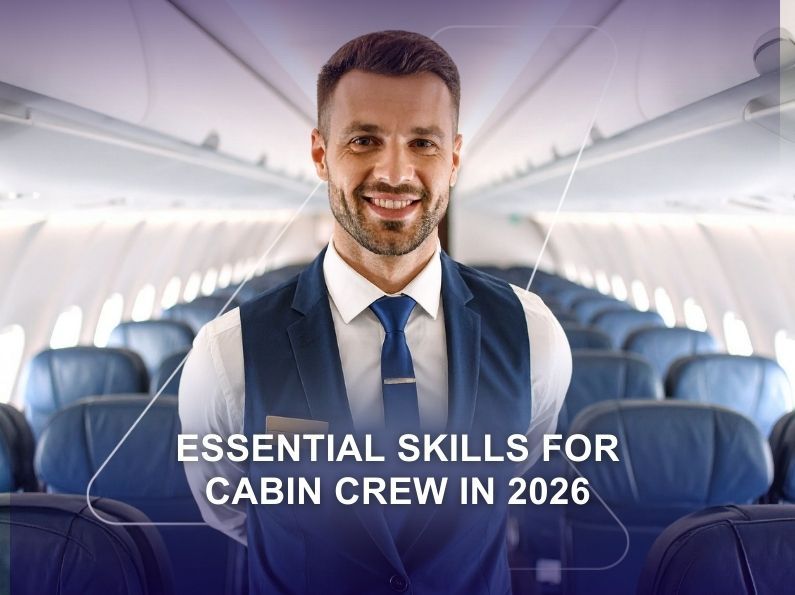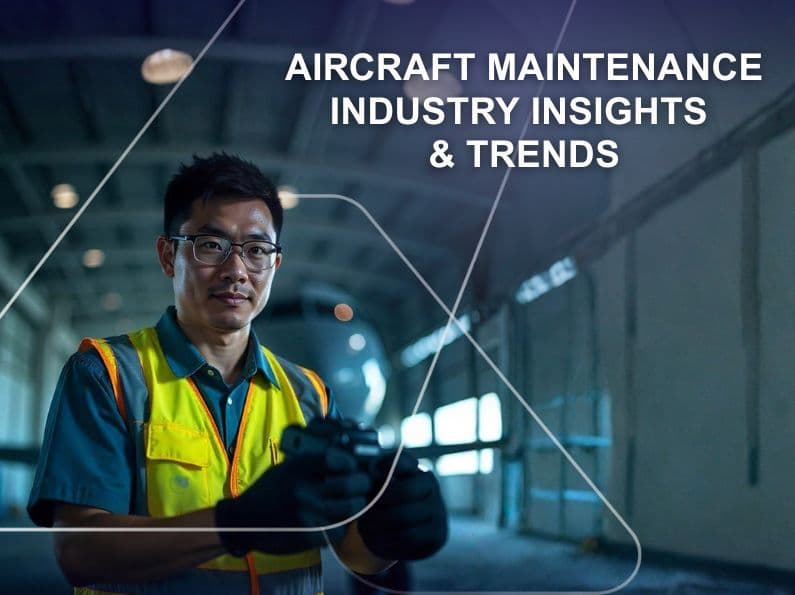How Recruiters Assess Aviation Candidates: What You Don’t See Behind the Scenes

In aviation, competition is fierce — and often, candidates don’t realize how much happens behind the scenes in recruitment. Understanding how recruiters assess profiles can help you stand out and avoid common mistakes. Here’s a look into the decision-making process from a recruiter’s perspective.
First Impressions: The CV Scan
Recruiters often receive dozens, if not hundreds, of applications. A well-structured CV with key details (type ratings, flight hours, languages, certifications, previous employers) clearly presented makes a huge difference. Avoid long blocks of text or over-designed layouts.
Keywords Matter
Many recruitment systems use keyword scanning. If your CV doesn’t mention the exact aircraft types, licenses, or terms relevant to the job post, it may be missed entirely. Tailor your CV for each role.
The Hidden Checklist
Recruiters usually have a checklist provided by the client: location flexibility, current license status, availability, medical certificate validity, recency of flying experience, etc. They quickly match your profile against these criteria before making contact.
Screening Calls and Soft Skills
A short call can reveal a lot: professionalism, language proficiency, flexibility, and personality. For cabin crew or customer-facing roles, recruiters pay attention to tone, enthusiasm, and clarity.
Internal Notes and Recommendations
Recruiters keep internal notes. If you've applied before, how responsive or cooperative you were matters. A recommendation from a colleague or supervisor also adds weight to your application.
Beyond the Job Description
Sometimes clients have unstated preferences — like preference for regional experience, multilingual candidates, or specific company backgrounds. Recruiters factor these in even if they’re not listed.
Timing Is Everything
Even great candidates are sometimes not selected simply due to timing. Being available at the right moment can be the key. That’s why staying in touch regularly with recruiters helps.
What You Can Do
- Keep your documents updated and formatted clearly
- Respond promptly and professionally
- Stay open and honest about your preferences and availability
- Engage with recruiters even when you’re not actively searching — it keeps you top of mind
Conclusion: Aviation recruiters assess far more than just hours and licenses. They evaluate communication, attitude, readiness, and how closely a candidate matches the client’s unique expectations. By understanding what happens behind the scenes, you can position yourself more effectively — and build lasting professional relationships along the way.



